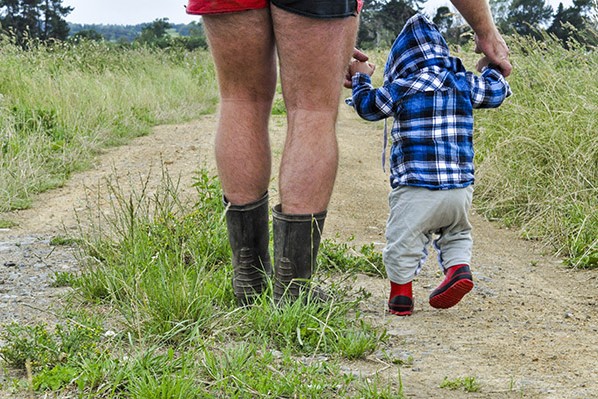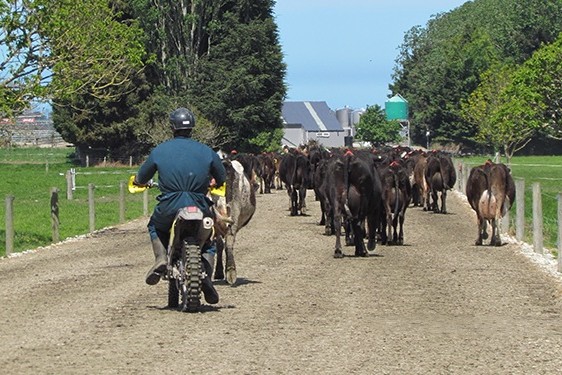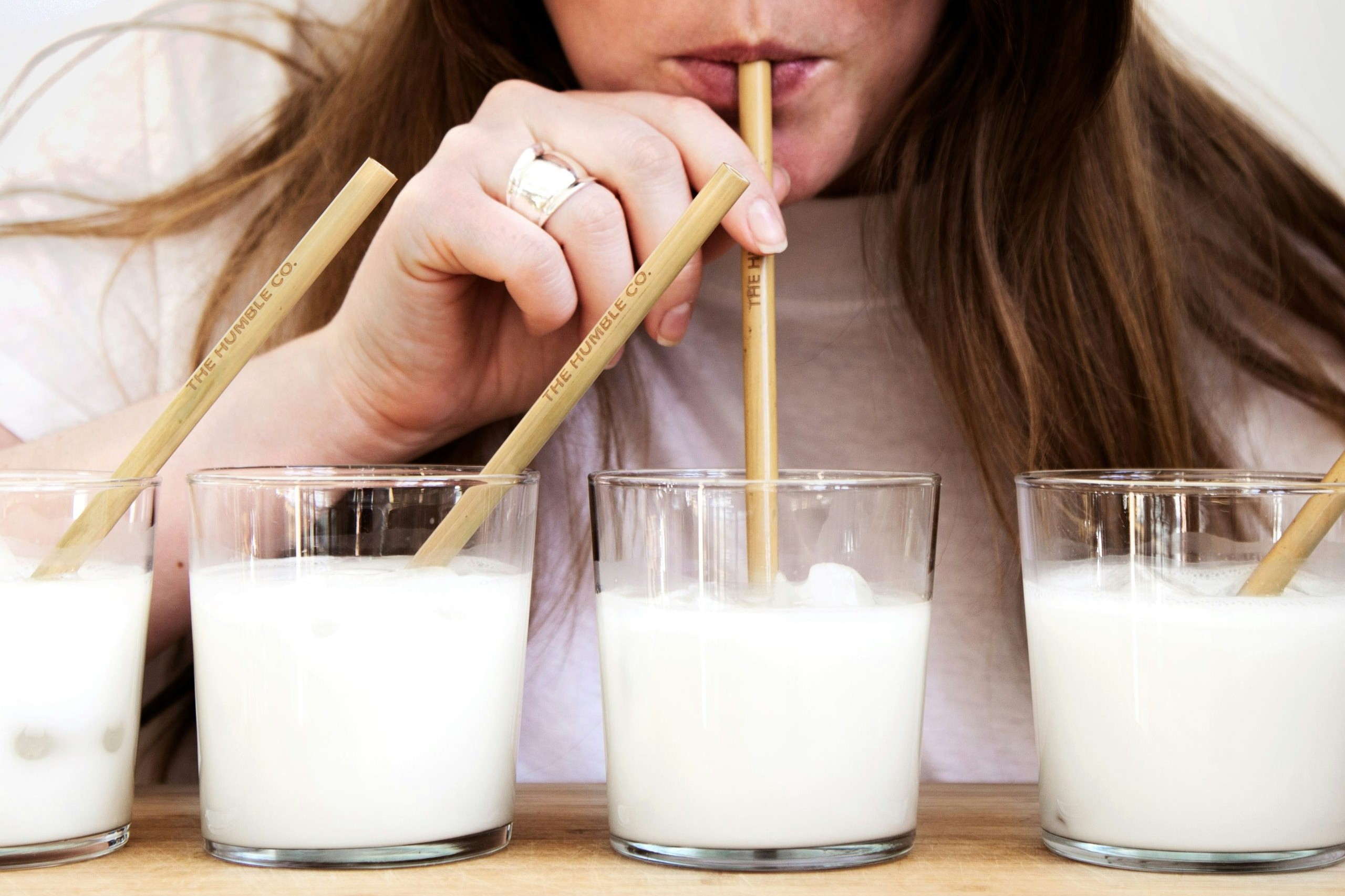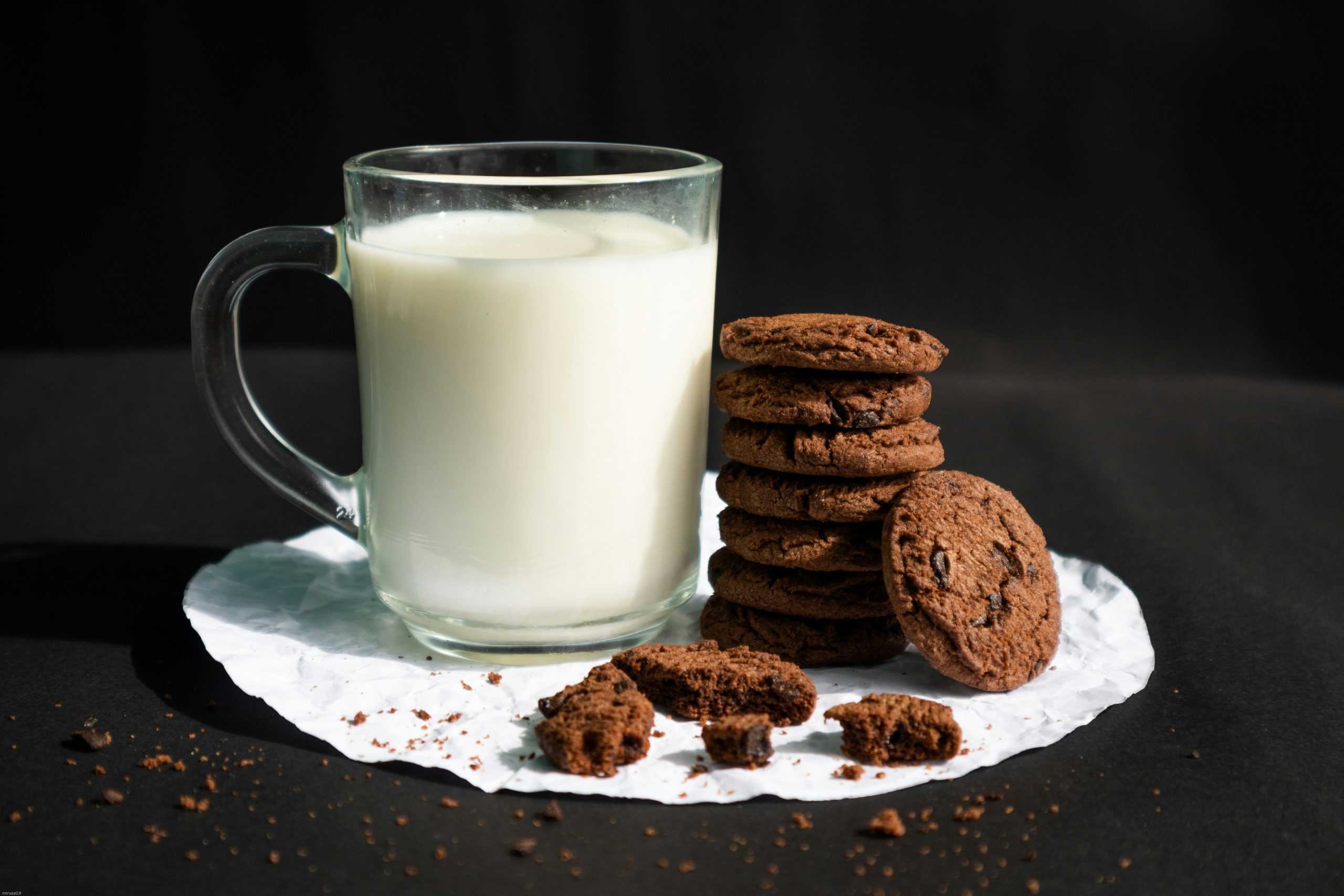Anne Lee
A health and safety initiative that relied on first getting hardened oil rig workers to open up and become more caring towards each other helped form the inspiration for a new wellbeing and health and safety programme successfully rolled out at fertiliser co-operative Ballance.
Rochelle Spillane is Ballance Agri Nutrients organisational capability leader and has been the driving force in developing the co-op’s health and safety and wellbeing programme, COWS – Care, Ownership, Wellbeing and Safety.
Rochelle says the programme grew out of an ongoing move within the organisation towards “humanistic leadership”.
We’ve had the industrial and machine age followed by the technological age.
“What’s coming next is the age of the human,” she says.
In many workplaces people have been expected to be more machine like or replicas of computers, closed off and focused solely on getting the job done.
But there’s a swing now towards embracing the human-ness of people in the work environment.
“That means embracing all the intricacies of what it means to be human – we have stories and families, feelings and vulnerabilities.
“As a business I believe we have an obligation to be inherently good for people – the people we work with, interact with – the people who entrust us with 40-plus hours a week.”
Rochelle says she also has a personal interest in mental wellbeing and is driven by the desire to create an environment that enhances mental health.
‘We start out by talking about the three most important people in your life and why that is.’
Within that context the company was also striving to turn around its safety statistics in what is a diverse business that includes team members based within the head office, in manufacturing plants, in service centres and out on the road. That’s when she read an article on an oil company’s approach that involved helping men on the rig to drop their “macho” guard and share a bit about themselves with their workmates.
They’d get to know each others’ family members, their hopes, dreams, and fears and with that care more about keeping their mates safe.
“By sharing and connecting they allowed themselves to be a little more vulnerable and that changed their workplace because what vulnerability looks like in a workplace is:
I don’t know how to read this meter, can you help me?
This is too heavy for me to lift, can you give me a hand?
I don’t really know what I’m doing here, can you explain it again?
I don’t feel great today.”
Using that idea as a foundation, Rochelle says the Ballance team got together and used the headings Care, Ownership, Wellbeing and Safety (COWS) to develop a two-day workshop.
The programme spends a lot of time upfront helping the participants reveal more about themselves to their colleagues.
“We start out by talking about the three most important people in your life and why that is.” Having three people means they’re not necessarily going to talk about their immediate family only and you can often get a bit more of their story.
Over the two days they also watch and discuss three short videos and four real life scenarios that look at aspects of wellbeing, mental health, communication and safety.
One video – on mental wellbeing – shows someone during the weekend who is going through an immensely difficult time at home.
There’s a connection with the person as the character is developed. Then he’s at work listening to everyone talking about their weekends, sharing a bit of banter.
When asked what he got up to in his weekend he brushes the inquiry off with “not much, just a quiet one.”
Some of the videos are quite confronting as people get more invested in the characters but they create the perfect platform for discussion, Rochelle says.
That discussion revolves around what participants feel the call to action is.
“What are they feeling compelled to do to create a better environment.”
It culminates in a commitment card where they’re invited to write down what they are going to do for themselves, for their team and for the company in terms of care, ownership, welfare and safety.
Rochelle says they’ve had more than 800 people go through the workshops which are facilitated by 26 of the company’s own staff.
They were hand-picked and well-trained, going through the programme together before being paired up to deliver it to groups of 16-28 people.
Rochelle says in sharing aspects of their lives with each other some people opened up about confronting experiences that in some cases they’d held on to for years.
The facilitators were trained in supporting people and Rochelle says there was a definite increase in the use of the company’s third-party EAP (employment assistance programme).
“There’s been a massive endorsement and uptake of the programme – more than we could have imagined.
“I think that comes from the ownership part, the commitment to each other as people.
“When you see the videos and real-life scenarios you realise you have to do something, you can’t be the person who saw and didn’t do.”
Rochelle says the programme gives people permission to be human and rather than learning something the programme is about unlearning things such as hiding what’s really going on in your life.
“We haven’t had anyone say they don’t have time for this. If you can turn up at work and not have to prove anything or feel like you have to defend yourself, pretend you’ve always got it – if you can be you then that’s going to be a lot less time consuming.”
The company’s engagement surveys show the level of care people feel for each other and feel from their managers has increased and injury statistics are tracking in the right direction.
But it’s an ongoing effort and smaller meetings and workshops are run to carry on the good work and focus on particular aspects – the most recent being driver distraction.
“It’s a culture so not just what we do – it’s how we do it and that’s not a one off,” Rochelle says.





